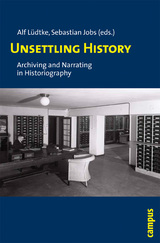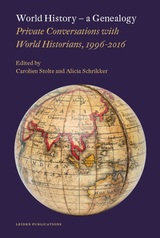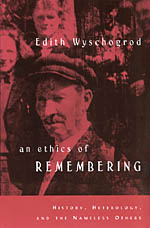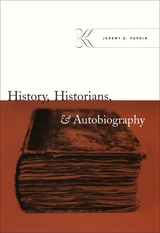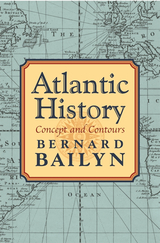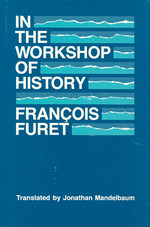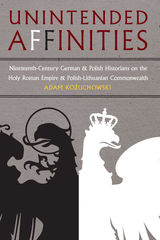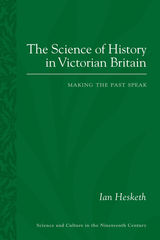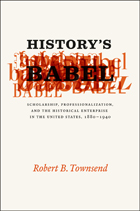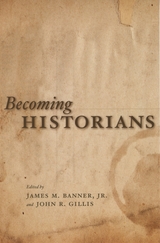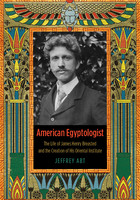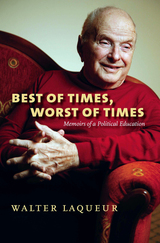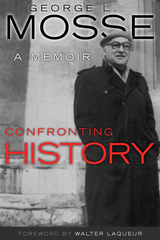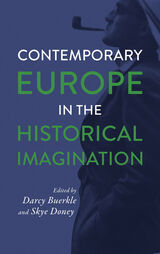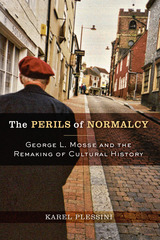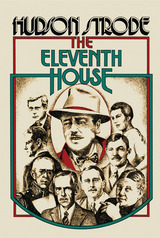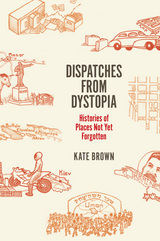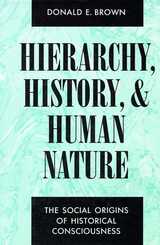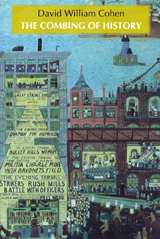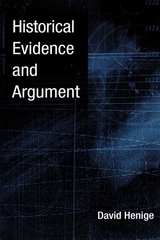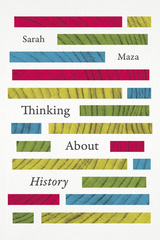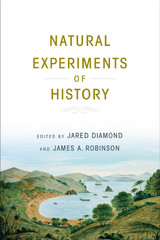Paper: 978-90-8964-180-9 | eISBN: 978-90-485-1148-8
Library of Congress Classification D15.H9O783 2010
Johan Huizinga, the Dutch founding father of cultural history, ranks among the most influential thinkers of the twentieth century. Perhaps best known is Huizinga’s revolutionary insight into the formative role of play in human culture, a theory he espoused in the celebrated Homo Ludens, which was published in 1938. For Huizinga, philology was the mother of all interpretive endeavors, reading and writing were part of a collective ritual that channeled human passion into beautiful forms, and passion remained the fundamental fact of human life. In this clear, engaging study, the renowned Dutch scholar Willem Otterspeer paints an original portrait of Huizinga in the context of interwar Europe—and shares his subject’s own hallmark passion for history.
See other books on: 1872-1945 | Historians | Huizinga, Johan | Netherlands | Otterspeer, Willem
See other titles from Amsterdam University Press

